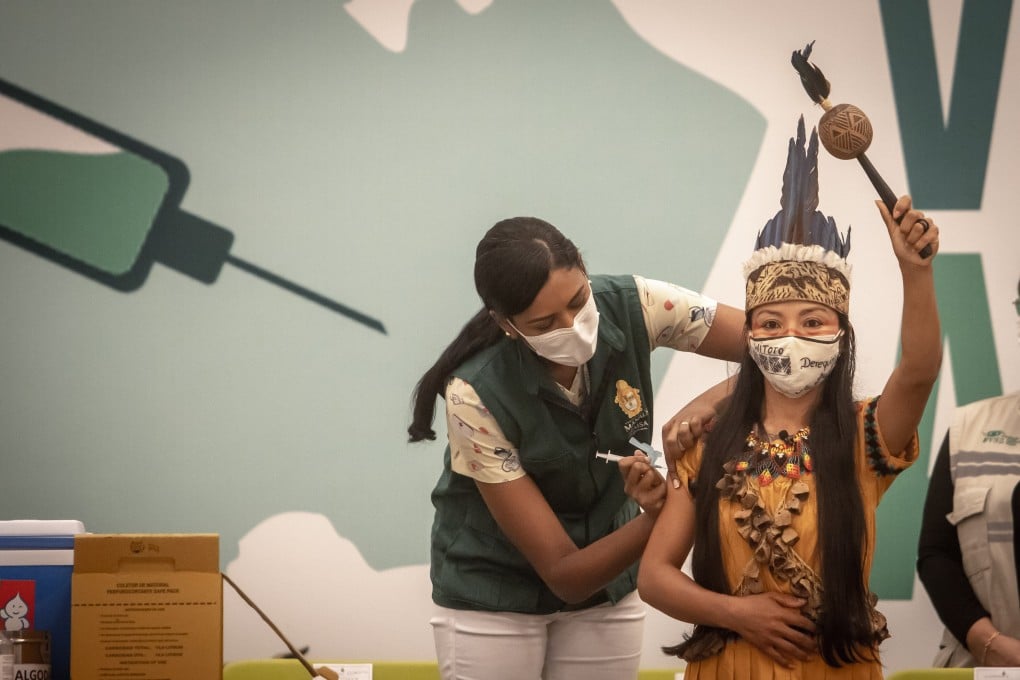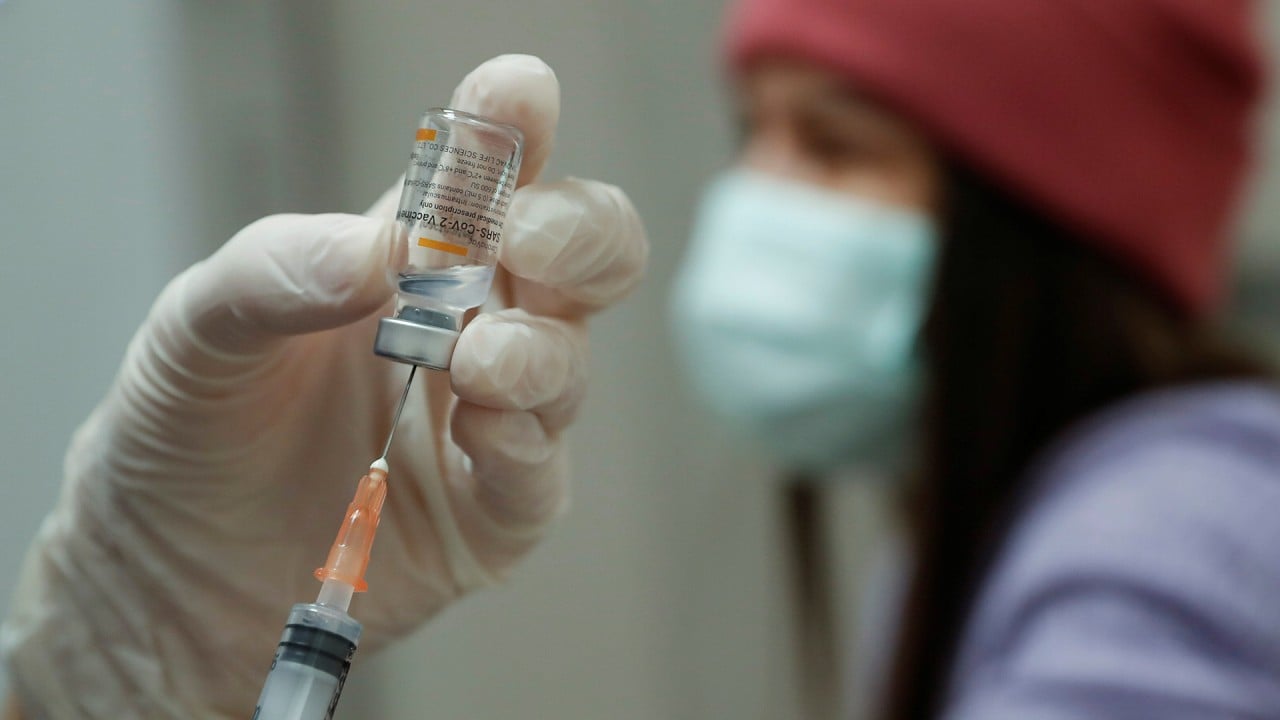Advertisement
Opinion | China’s coronavirus vaccines: for many countries, it’s not political, it’s the only choice
- When it comes to the driving forces behind purchase agreements with China, the picture that emerges is one of adequate solutions meeting extreme demand. China, and now Russia, are winning purchase agreements simply by being able to deliver
Reading Time:4 minutes
Why you can trust SCMP
33

Viewed from Brussels or Washington, the global roll-out of Chinese vaccines is inevitably seen in terms of great power rivalry. This is typical of conversations about China’s global engagement, which tend to focus on geopolitics while overlooking important domestic and regional dynamics, as well as obscuring the agency of countries that China does business with.
With many Western countries scrambling to inoculate their own populations, vaccine makers in China, Russia and India are stepping up to supply extreme demand in lower- and middle-income countries. The optics of this do align well with narratives of Western decline, but there’s more going on behind the scenes.
In Brazil, domestic politics threatened Sinovac’s foothold in Latin America, with anti-China President Jair Bolsonaro clashing with political rival and champion of the Chinese vaccine, João Doria.
Elsewhere, regional dynamics come to the fore – in South Asia, where China and India are competing to donate vaccines, or in Hungary, where Prime Minister Viktor Orban has resorted to his old tricks of using China as a stick with which to bash the European Union.

02:27
Erdogan gets jab as Turkey rolls out coronavirus vaccine campaign with China’s Sinovac
Erdogan gets jab as Turkey rolls out coronavirus vaccine campaign with China’s Sinovac
When it comes to the driving forces behind purchase agreements with China, the picture that emerges is one of adequate solutions meeting extreme demand. China, and now Russia, are winning purchase agreements simply by being able to deliver.
Advertisement
